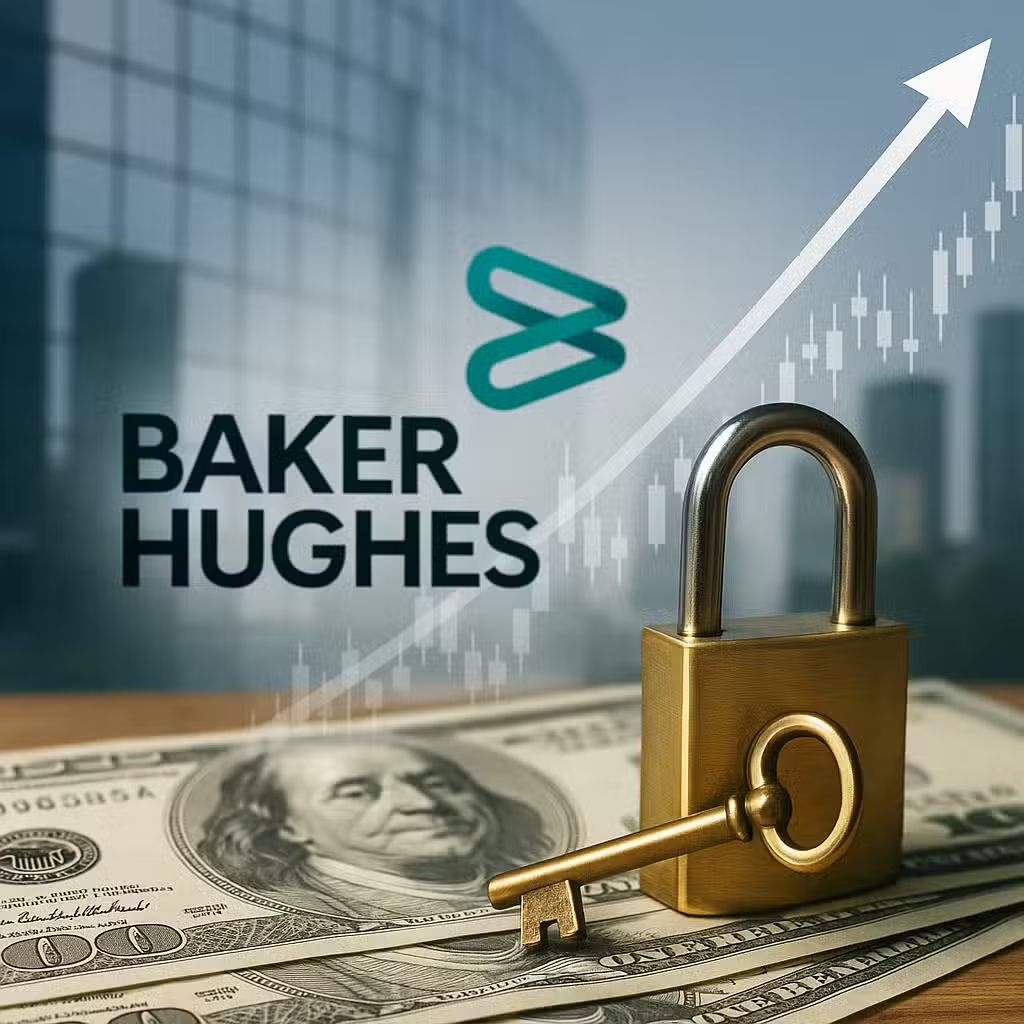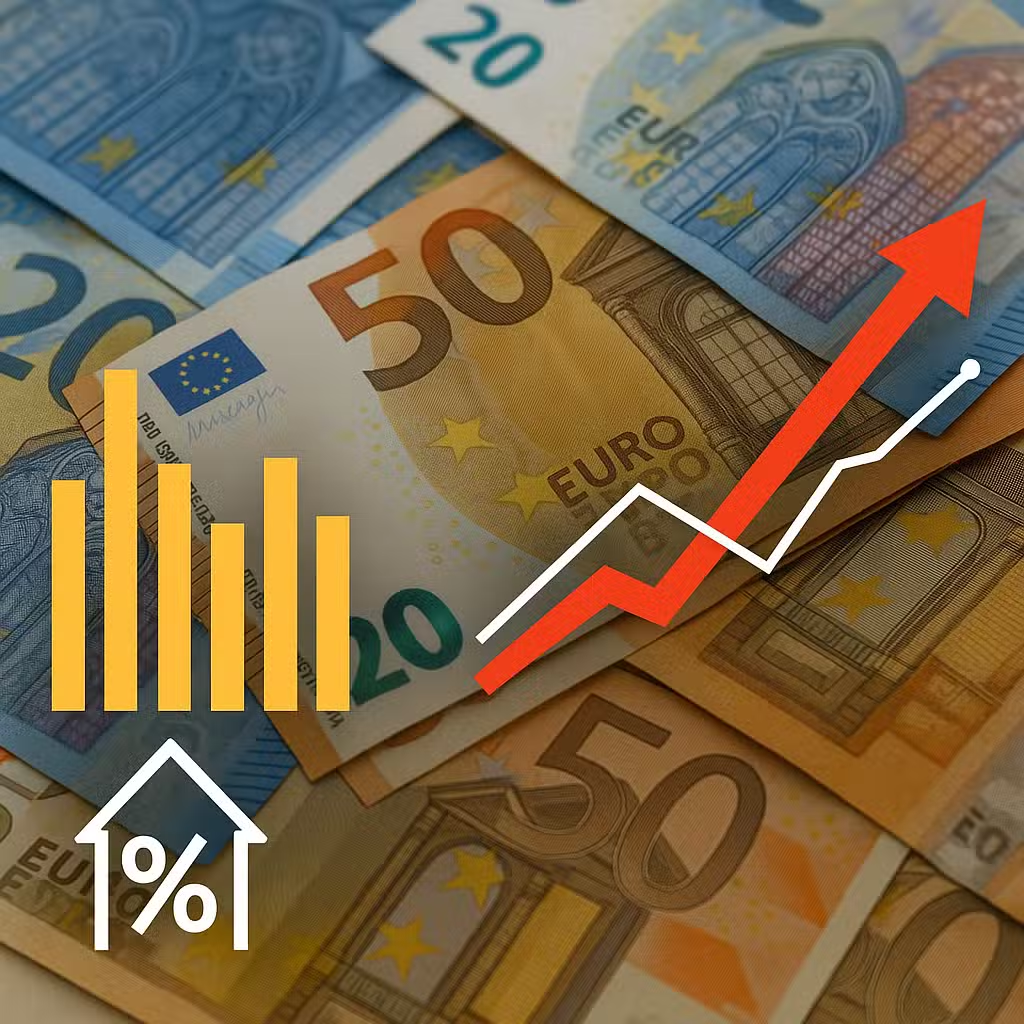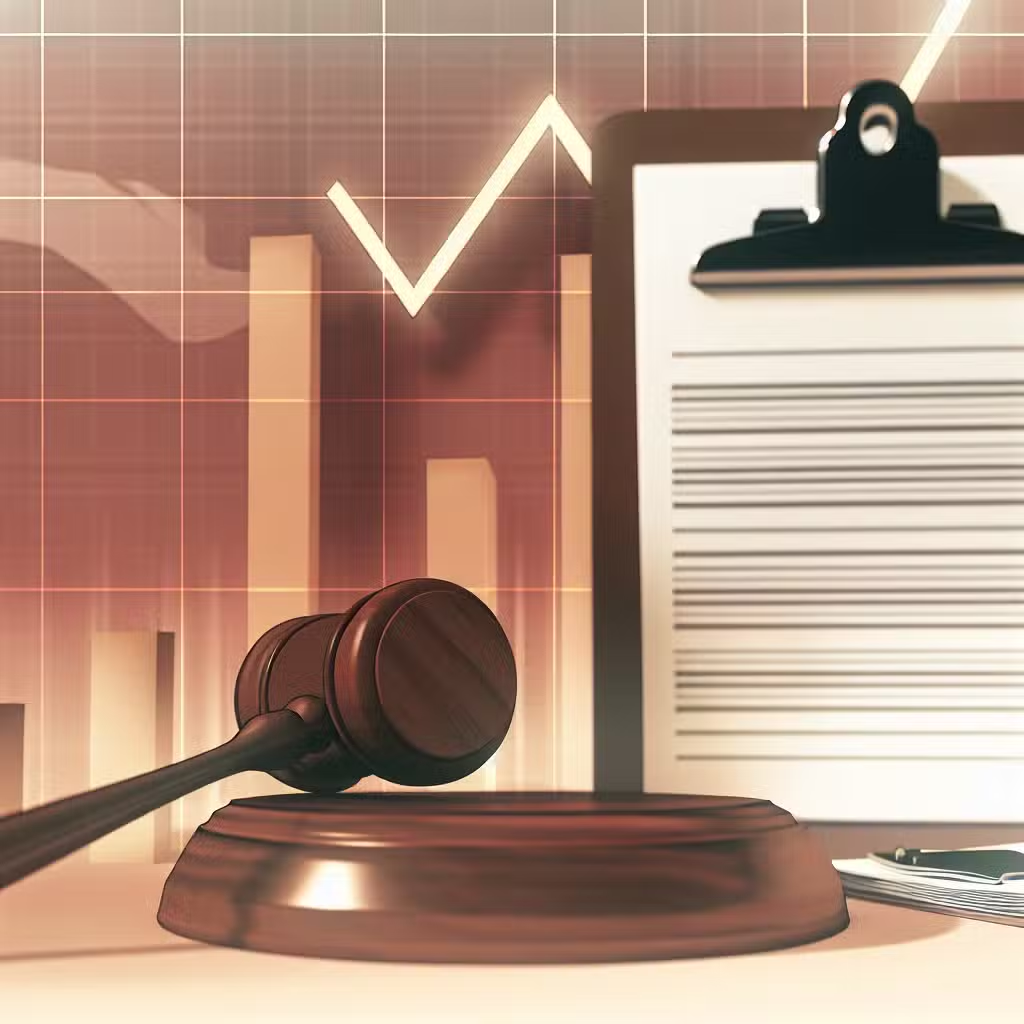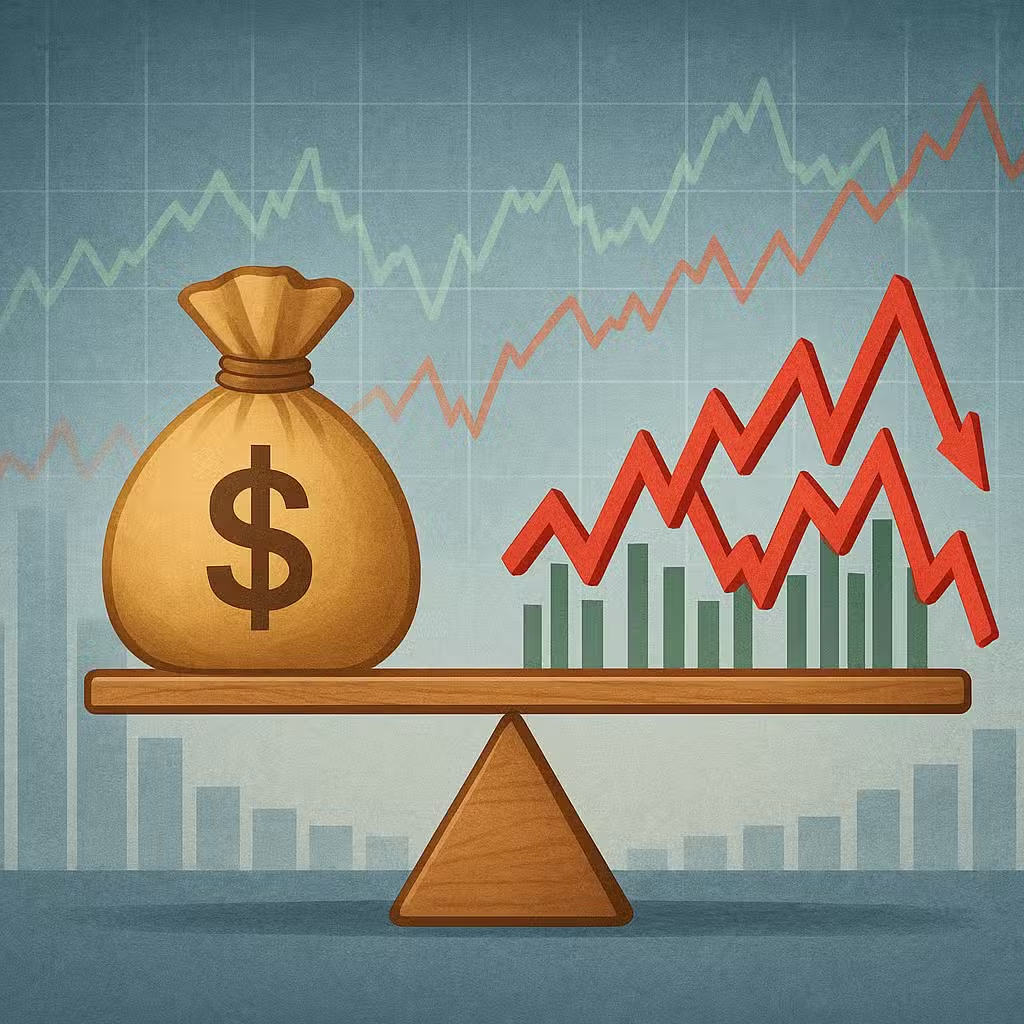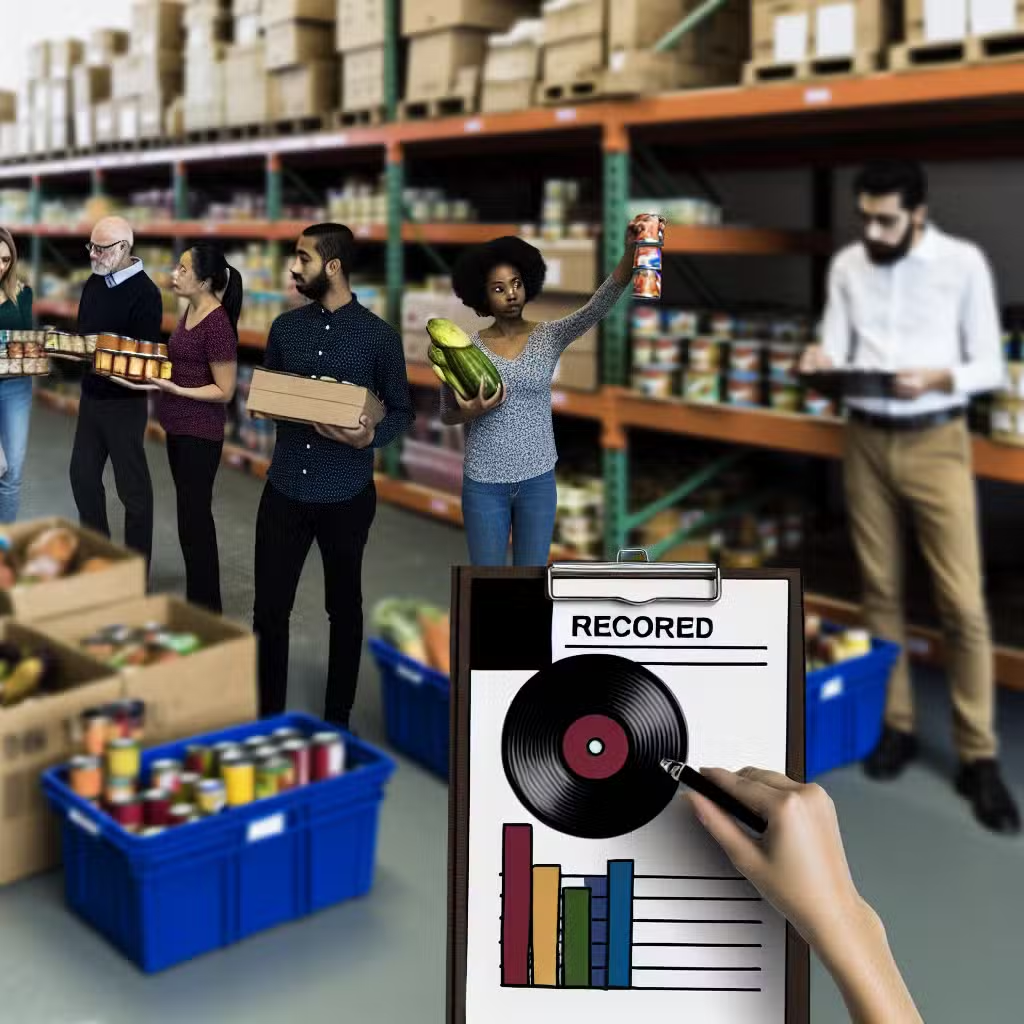Key Student Loan Rules Investors Should Know: Impacts on Borrower Spending and Financial Health
Imagine you’re waiting for your school bus, but the bus driver is stuck in traffic. You still need to get to school, but some things might be delayed or changed along the way. That’s a lot like what’s happening with student loans during the government shutdown.
Why This Matters for Investors
Just like school kids waiting for the bus, investors should care about the government shutdown because it affects millions of borrowers—and that can ripple through the economy. When people are unsure about their loans, they may spend less money or delay big purchases, which can impact companies in sectors like retail, banking, and even real estate.
Bull Case: What’s Still Working
- Most student loan services are still running because private companies, not the government, handle most of the work.
- Borrowers can keep making payments, change repayment plans, and ask questions just like before.
- Applications for forgiveness, like Public Service Loan Forgiveness, are still being accepted.
- This stability means financial markets and related stocks haven’t seen panic selling over student loan chaos.
According to the U.S. Department of Education, about 43 million Americans have federal student loans. That’s a huge group whose financial decisions can shape the broader market.
Bear Case: Where the Shutdown Hurts
- True loan forgiveness approvals are delayed, since government workers who finalize these decisions are mostly on leave.
- The longer the shutdown lasts, the longer some borrowers wait for relief—and that could mean higher stress and less spending.
- If forgiveness isn’t processed before 2026, borrowers might face surprise tax bills, since current laws making forgiveness tax-free will expire.
- Legal challenges to slow forgiveness processing are also paused, so there’s no quick fix in sight.
History shows government shutdowns can delay key services, like in 2013 when federal workers missed paychecks and some economic data releases were postponed. That uncertainty often makes investors nervous and can cause short-term market swings (Brookings Institution).
What Investors Should Watch
- Consumer spending: If student loan borrowers start cutting back, it could hit stores, travel, and restaurants.
- Bank stocks: Delays in payments or forgiveness could mean more late payments and possible losses for lenders.
- Education and tech sectors: Companies that help manage or refinance student loans might see changes in demand.
Investor Takeaway
- Stay Calm: Most student loan services are still working, so no need to panic over sudden changes.
- Watch Consumer Trends: If you own stocks in retail or banks, keep an eye on consumer spending reports for signs of stress from borrowers.
- Review Tax Rules: Remind yourself that tax-free forgiveness may expire after 2025—so investors in tax planning or financial services should prepare for possible changes.
- Diversify: Broader economic uncertainty from government shutdowns is a reminder to spread investments across sectors.
- Follow the News: Shutdowns can end quickly or drag on, so stay updated on government negotiations and new laws that could affect student loans and related sectors.
For the full original report, see CNBC


